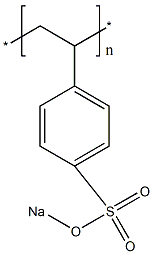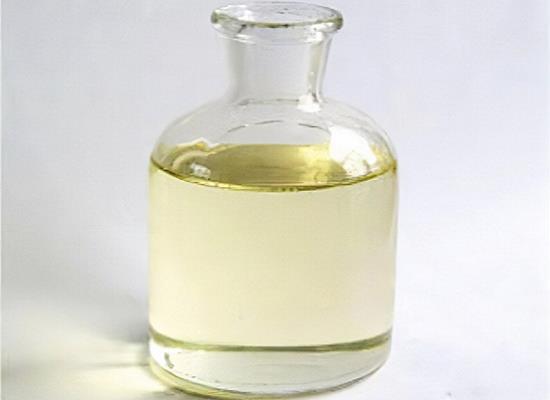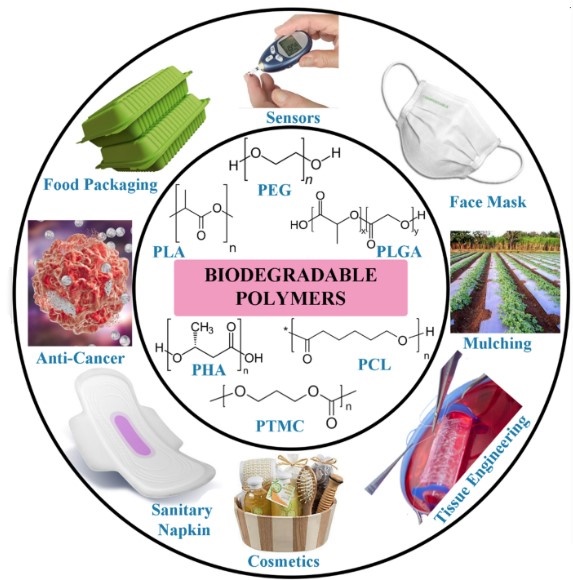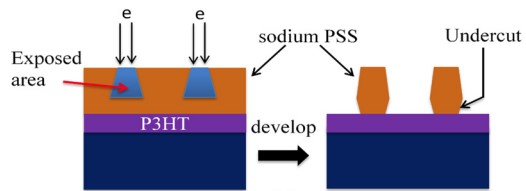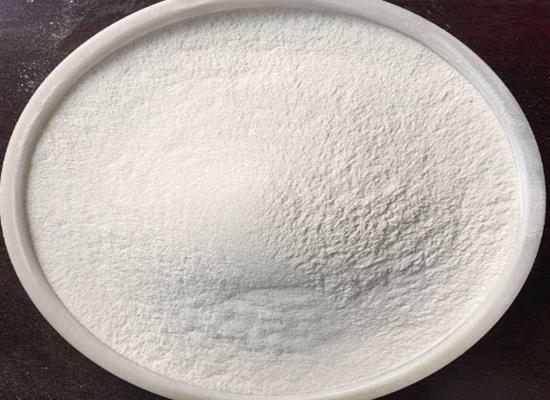Poly(sodium 4-styrenesulfonate): A Versatile Polymer Transforming Dental, Membrane, and Energy Storage Technologies
General Description
Poly(sodium 4-styrenesulfonate) is a multifunctional polymer applied across diverse fields, significantly enhancing the performance of dental implants, ion exchange membranes, and electric energy storage devices. In dental implants, Poly(sodium 4-styrenesulfonate), combined with TiO2 nanoparticles using a layer-by-layer technique, improves biocompatibility and osseointegration, offering a cost-effective solution for better patient outcomes. For ion exchange membranes, Poly(sodium 4-styrenesulfonate) incorporation within polyaniline matrices enhances fouling resistance and ion selectivity, demonstrating a methodical approach to membrane enhancement. In electric energy storage, Poly(sodium 4-styrenesulfonate)-modified graphene shows a substantial increase in capacitance for supercapacitors, indicating its potential for advanced energy storage solutions. Across applications, Poly(sodium 4-styrenesulfonate) stands out for its ability to improve material properties and functionality, underscoring its versatility and importance in technological advancements.
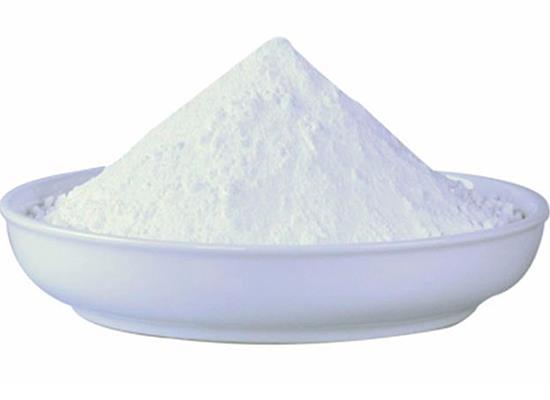
Figure 1. Poly(sodium 4-styrenesulfonate)
Application in dental implants
Poly(sodium 4-styrenesulfonate), a versatile polymer, plays a pivotal role in the surface modification of titanium-based alloys for dental implants. In recent research, Poly(sodium 4-styrenesulfonate) was combined with titanium dioxide (TiO2) nanoparticles through a layer-by-layer (LbL) technique to enhance the biocompatibility and osseointegration of titanium (Ti) and its alloys. This method involves alternating layers of PSS and TiO2, creating a multifaceted coating on the implant surface. The unique properties of Poly(sodium 4-styrenesulfonate), including its ability to form stable, negatively charged layers, complement the TiO2 to improve the surface characteristics of Ti-based alloys. This modification has been shown to alter both the topography and chemical properties of the implant surface, which are crucial factors in promoting osteoblast activity and improving the integration of the implant with bone tissue. The application of Poly(sodium 4-styrenesulfonate)/TiO2 multilayers represents a promising approach to enhancing the performance of dental implants, offering a simple and cost-effective solution to improve patient outcomes in dental and orthopedic implantation. 1
Applications in ion exchange membranes
Poly(sodium 4-styrenesulfonate) plays a crucial role in enhancing the functionality of ion exchange membranes through its application within polyaniline (PAni) matrices. This incorporation is aimed at modifying commercial anion exchange membranes to achieve desirable properties such as improved resistance to fouling and enhanced ion selectivity. A study highlights the electrochemical quartz crystal microbalance technique to quantify the integration of Poly(sodium 4-styrenesulfonate) into the PAni matrix, revealing a direct relationship between the concentration of Poly(sodium 4-styrenesulfonate) in solution (up to 20 mM) and its incorporation level. Beyond this concentration, the amount of Poly(sodium 4-styrenesulfonate) integrated into the matrix plateaus, indicating a saturation point. This composite modification notably impacts the membrane's performance, particularly observed in the progressive decrease of chloride transport numbers with increasing Poly(sodium 4-styrenesulfonate) concentrations up to 20 mM, beyond which it stabilizes. This research underscores the significance of Poly(sodium 4-styrenesulfonate) in tailoring the properties of anion exchange membranes for specific applications, showcasing a methodical approach to membrane enhancement. 2
Applications in electric energy storage
Poly(sodium 4-styrenesulfonate), a water-soluble polymer, has been effectively utilized to enhance the electric capacitance of graphene in supercapacitors. By covalently grafting Poly(sodium 4-styrenesulfonate) onto the surfaces of graphene nanosheets, a modified graphene known as PSSS-GR was synthesized. This modification leads to the full exfoliation of graphene nanosheets into single-layer structures, with the Poly(sodium 4-styrenesulfonate) layer constituting up to 90 wt% of the composite. The presence of Poly(sodium 4-styrenesulfonate) not only stabilizes the graphene sheets in water due to mutually repulsive effects but also serves as an effective binder that significantly improves the electrochemical performance of supercapacitors. When compared to supercapacitors made with unmodified graphene electrodes, those utilizing PSSS-GR electrodes exhibit a remarkable increase in specific capacitance—up to 210 F g(-1) at a current density of 5 A g(-1), which is 166% higher. This enhancement in specific capacitance and rate capability, along with fast ion diffusion demonstrated by electrochemical impedance spectroscopy, positions Poly(sodium 4-styrenesulfonate)-GR as a promising material for electric energy storage applications, fulfilling essential requirements for advanced supercapacitors. 3
Reference
1. Kitagawa IL, Miyazaki CM, Pitol-Palin L, et al. Titanium-Based Alloy Surface Modification with TiO2 and Poly(sodium 4-styrenesulfonate) Multilayers for Dental Implants. ACS Appl Bio Mater. 2021;4(4):3055-3066.
2. Montes-Rojas A, Ramírez-Orizaga M, Ávila-Rodríguez JG, Torres-Rodríguez LM. Study of Polyaniline/Poly(Sodium 4-Styrenesulfonate) Composite Deposits Using an Electrochemical Quartz Crystal Microbalance for the Modification of a Commercial Anion Exchange Membrane. Membranes (Basel). 2020;10(12):387.
3. Du FP, Wang JJ, Tang CY, et al. Water-soluble graphene grafted by poly(sodium 4-styrenesulfonate) for enhancement of electric capacitance. Nanotechnology. 2012;23(47):475704.
You may like
Related articles And Qustion
Lastest Price from Poly(sodium 4-styrenesulfonate) manufacturers
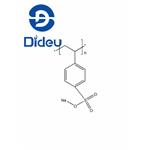
US $0.00/kg2025-12-15
- CAS:
- 25704-18-1
- Min. Order:
- 1kg
- Purity:
- 99%
- Supply Ability:
- 10000KGS
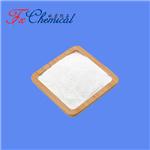
US $0.00/KG2025-04-21
- CAS:
- 25704-18-1
- Min. Order:
- 1KG
- Purity:
- 98%min
- Supply Ability:
- 30tons/month
